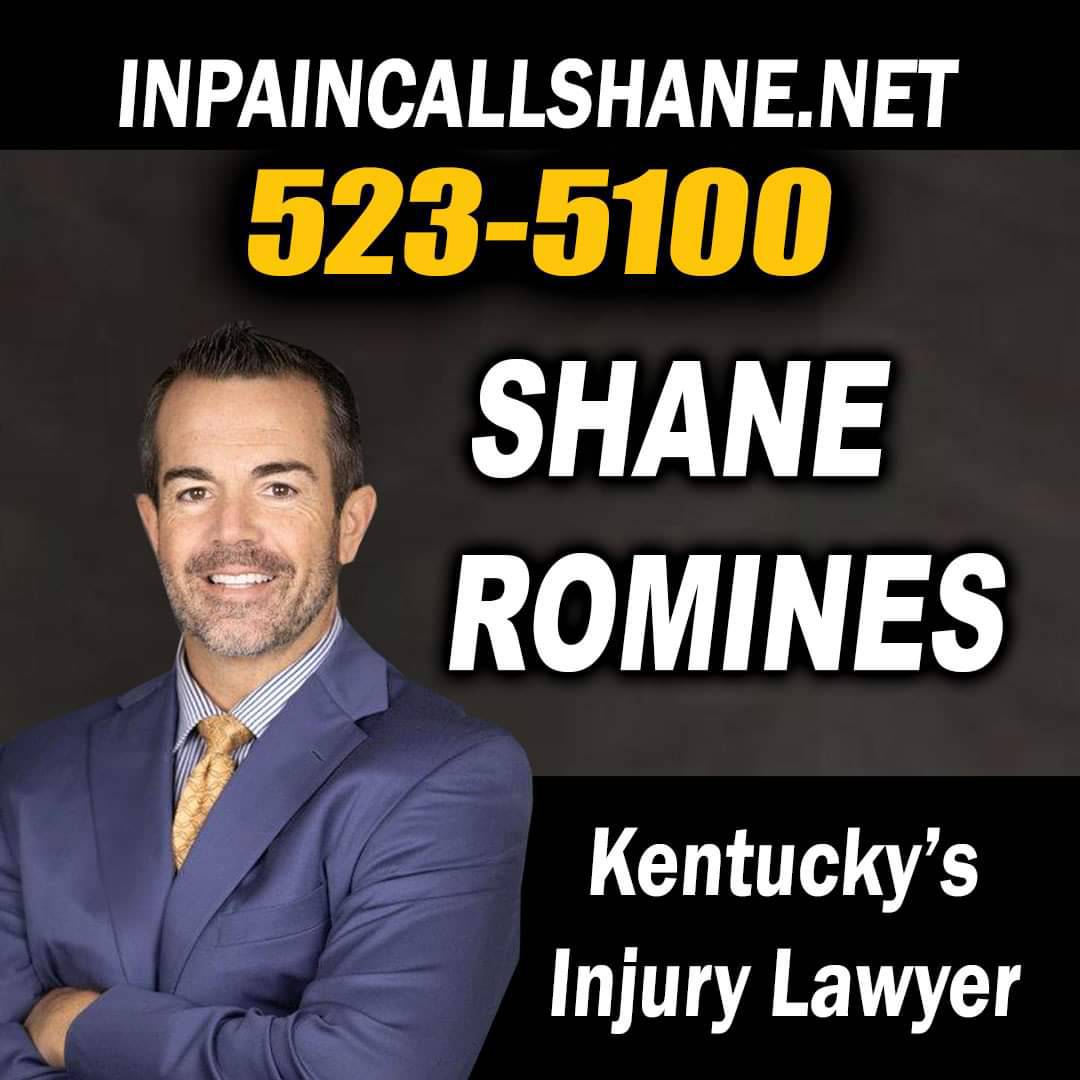Medicare Medicaid & Awards
Medicare, Medicaid & My Injury Award
In almost 70 percent of our cases, Medicare or Medicaid play a role in the settlement negotiations. Many clients receive Medicare benefits for either disability or due to their age or Medicaid Benefits. Under Federal Law, if Medicare or Medicaid pays any benefits for which you can recover from an at-fault party, those benefits must be repaid.
Example:
You are 67 years old (receiving Social Security & Medicare) and driving to the store when you are rear ended by a drunk driver. The ambulance comes to the scene and takes you to the local hospital. You either present your Medicare card or it is already on file and is charged. The Emergency Room visit costs $5,000 and Medicare pays the bill. Under Medicare’s agreement with the hospital, it pays 40%, or $2,000. You are released from the hospital and think to yourself, “I’m in pain, I better call Shane.” You come to our office and then learn that your PIP Benefits (see PIP Benefits page) should have paid the bill. After our successful representation, the insurance company agrees to pay you $50,000. Before distributing the funds to you, by law, we must obtain the amount of the Medicare lien. In this example, $2,000, and repay the lien from your portion of the settlement.
In the above example, there is one situation in which the funds will not come from your settlement or Judgment and that is when your PIP Benefits have not been exhausted. In that case, PIP can repay Medicare or Medicaid. Otherwise, Medicare or Medicaid must be repaid from the settlement or Judgment if the case goes to trial.
Common Questions:
Question: Why do I have to pay my medical bills from the settlement or Judgment, I was not at fault?
Answer: While it may seem like you are paying the bills because they are being taken out of your settlement or Judgment, it is important to remember that the money being used is coming from the person who was at fault. In the example above, the drunk driver’s insurance is paying you $50,000. A portion of that money is being used to pay medical bills. Thus, the drunk driver’s insurance actually paid the bill, you did not.
Question: Why do I have to pay Medicare or Medicaid back?
Answer: Under Federal Law, any payments made by Medicare or Medicaid for which a third person (drunk driver in the example), is responsible must be repaid. The recent health care law signed in 2010 places large fines on insurance companies if they do not make sure Medicare or Medicaid gets the money. The policy reason behind this is that we do not want tax payers who fund Medicare and Medicaid to have to pay for something caused by the drunk driver.
Question: Do I have to repay the entire amount that Medicare or Medicaid paid?
Answer: Medicare or Medicaid pays only a percentage of the physician or Hospital’s bill. The amount paid, $2,000 in the above example, is what needs to be repaid. However, Medicare provides for an attorney fee for assisting it in recovering the funds. This results in a lower payment to Medicare. Of the total amount paid, Medicare will generally reduce that amount by 1/3 for an attorney fee. In our example, the lien is $2,000, but after reduction for the attorney fee, only $1,333.33 must be repaid. This fee reduction is passed on to the client, resulting in you getting $667.67 more from the settlement or Judgment.
Question: What is the difference between Medicare repayment and Medicaid repayment?
Answer: From the attorney’s perspective, the repayment is similar, but for two issues: (1) Time to receive the lien, and (2) the amount of the attorney fee credit.
Time: Medicaid, which is administered by the State, can generally provide the attorney with a lien amount within 24 hours. Medicare, which is Federally Administered, may take as much as eight (8) months to provide the amount of their lien, though it is generally provided within 2-4 months after the settlement or Judgment is reached. Thus, the Medicaid recipient will get their injury funds significantly quicker than the Medicare recipient.
Amount of attorney Fee Credit: Medicare, as stated above, will reduce its demand by 1/3 of the amount owed for an attorney fee credit. Medicaid, however, will reduce the amount owed by 1/4. Thus, if a client owed $2,000 under Medicare, the client would pay $1,333.33 to Medicare. Under Medicaid, the client would repay $1,500.00.
These issues are very complicated and you should not attempt to manage them alone. If you need an experienced injury attorney to guide you, Shane is the attorney for you. In Pain? Call Shane at 606-523-5100, or locally at 606-523-5100 or e-mail us.
Copeland & Romines handles injury cases in all areas of Kentucky, including, but not limited to Corbin, Kentucky, Whitley County, Kentucky, Williamsburg, Kentucky, London, Kentucky, Laurel County, Kentucky, Lily, Kentucky, Keavy, Kentucky, Barbourville, Kentucky, Gray, Kentucky, Knox County, Kentucky, Manchester, Kentucky, Clay County, Kentucky, Pineville, Kentucky, Middlesboro, Kentucky, and Bell County, Kentucky.

